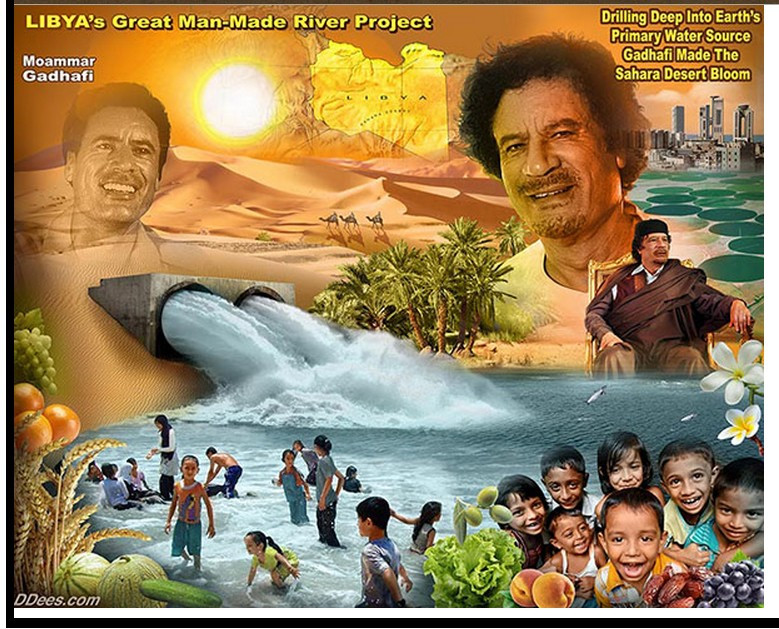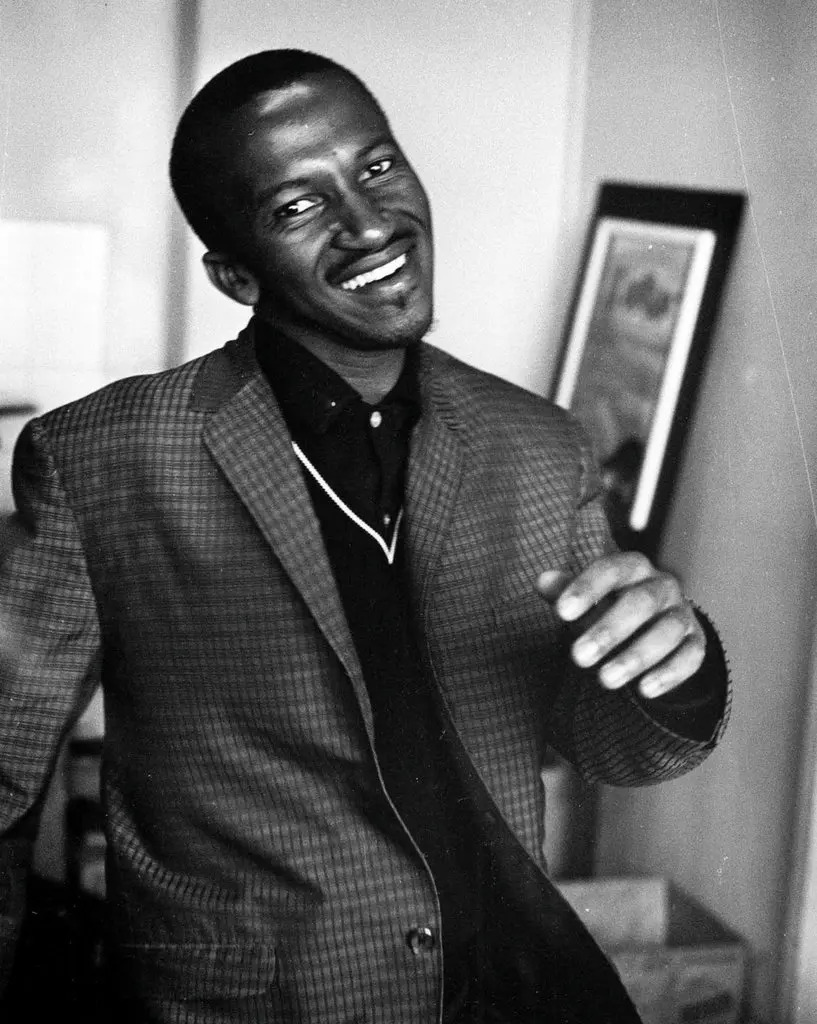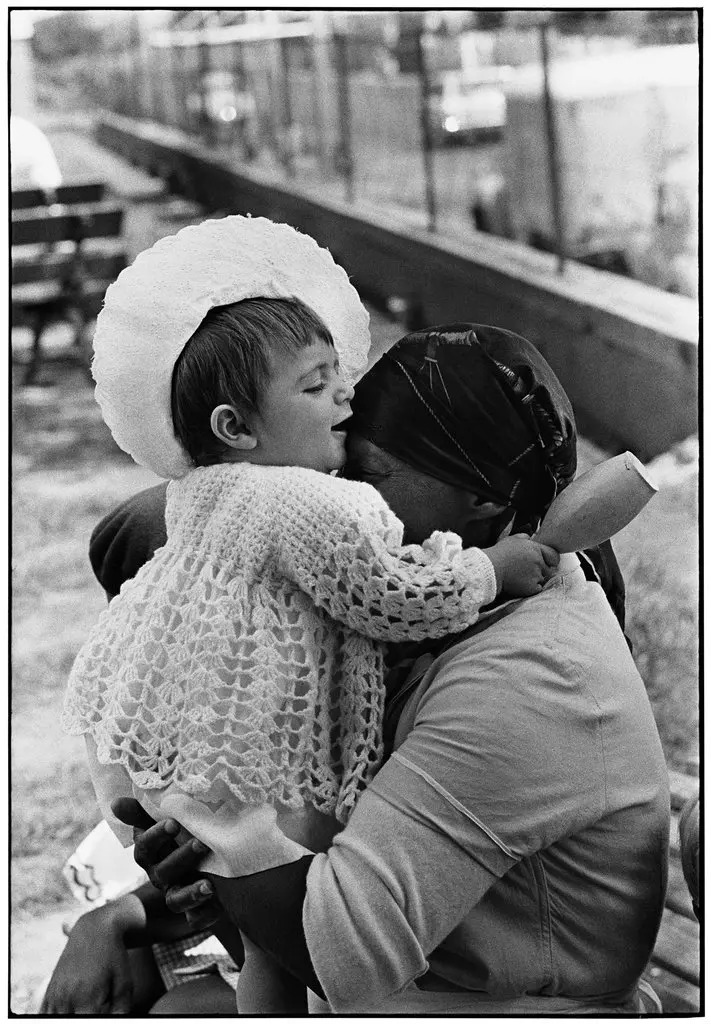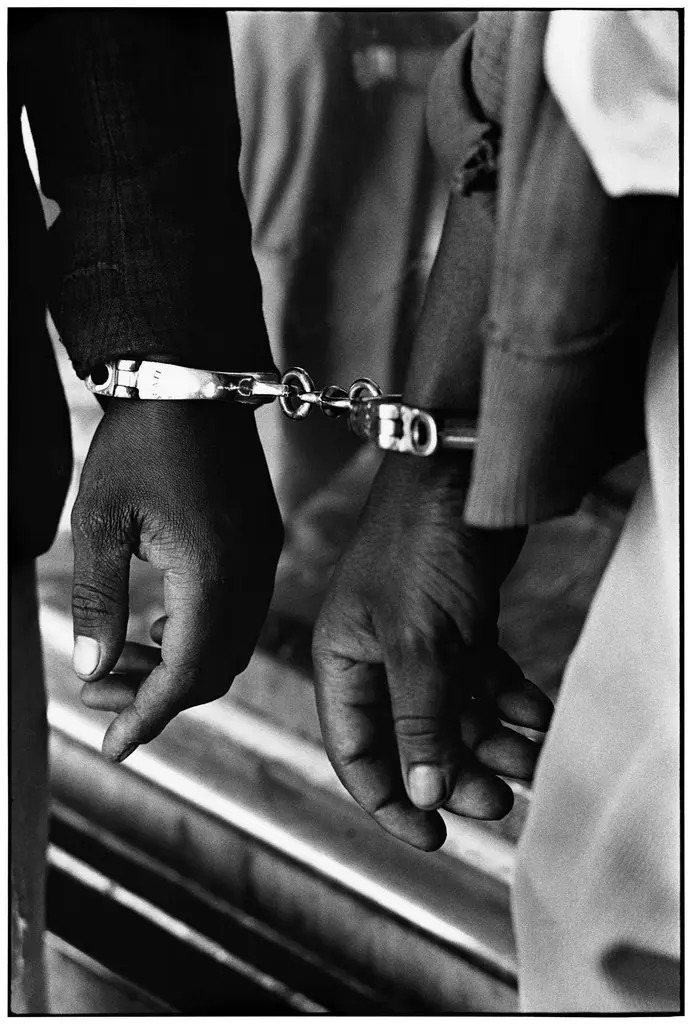Libya is one of the dryest countries on Earth, 90% of it being desert. There are places where it hasn’t rained since the 1990s. It only rains less than 10cm a year in areas where it does rain. For perspective, South Africa gets 5X that and is considered semi-arid.
Furthermore, Libya is the only country in Africa without a natural river. This makes Libya one of the emptiest and driest locations in the world, with 90% of the population concentrated in the north of the country near the Mediterranean Sea with a bare minimum amount of rainfall.
A bit of history. When Libya gained independence in 1951, it was extremely poor, completely dependent on foreign aid and small rent from American and British air bases on their territory. Then, in 1956, oil was discovered, and it was one of the largest reserves in history.
Libya’s oil boom brought jobs and wealth. The country’s population increased four times between 1956 and 1996. However, there was a reason Libya was empty for most of human history: There just wasn’t enough water to support any human civilisation.
As Libya dug for more oil in the desert, they discovered massive water aquifers buried underneath the sands. The amount of water in Libya’s aquifers is estimated to be more than in the world's three largest lakes—the American Great Lakes, Lake Nyaza and Lake Malawi—put together.
However, because Libya is completely dry and humid, there would be no rainfall to replenish the water once it was taken out of the ground. Also, these abundant aquifers were found hundreds of kilometres away from where the people actually lived.
For years, there were few feasible plans to use Libya’s water. They thought of large-scale agricultural projects in the desert and building pipelines to transport the water to the north where the population was. Things changed when Muammar Gaddafi came to power in 1969.
Because Libya had no freshwater rivers, Colonel Gaddafi decided to build them using the aquifers as primary sources. Yes, he decided to make rivers. The plan took decades to build and became the largest irrigation project in human history.
Known as the Great Manmade River (GMR) and Guinness World’s largest irrigation project, Gaddafi’s system was to become a vast system of 4000 kilometres of pipelines buried underground to avoid evaporation (because no rainfall) and pumps constructed beneath the desert.
The pipe system grew to 1300 different water wells, most of which are more than 500 metres deep into the ground, bringing water up from below. Today, Libya has more water than Saudi Arabia, with a five times smaller population.
The project cost over 25 billion dollars, and the government covered it without borrowing a cent from foreign banks and institutions or other countries.
Started in 1984, the project provides 70% of all Libya’s freshwater needs. If it weren’t for the Great Manmade River Project, Libya would have had to rely on European water imports. Anyone can see how that is a terrible proposition. 

The GMR project was planned for five standalone phases. Phase 1 was completed in 1996, Phase 2 finished in 2000, with Phase 3 concluded in 2009. Phases 4 and 5 will likely never be completed after NATO decided to destroy Libya and murder Gadaffi.
With the GMR and other projects, Libya under Gaddafi lifted its people out of poverty without burdening the country with debts or loans and gave them the highest Human Development Index in Africa, even higher than some countries within the EU and NATO.
Few countries have ever invested such a high percentage of their national income into improving their people’s living conditions as Libya has. It is one of the few countries where natural resources were used directly to increase people’s living standards.
Sources:
interestingengineering.com/innovation/sav…
boinc.sk/clanky/libyas-…
water-technology.net/projects/gmr/
bbc.co.uk/sounds/play/p0…
interestingengineering.com/innovation/sav…
boinc.sk/clanky/libyas-…
water-technology.net/projects/gmr/
bbc.co.uk/sounds/play/p0…
• • •
Missing some Tweet in this thread? You can try to
force a refresh

 Read on Twitter
Read on Twitter







